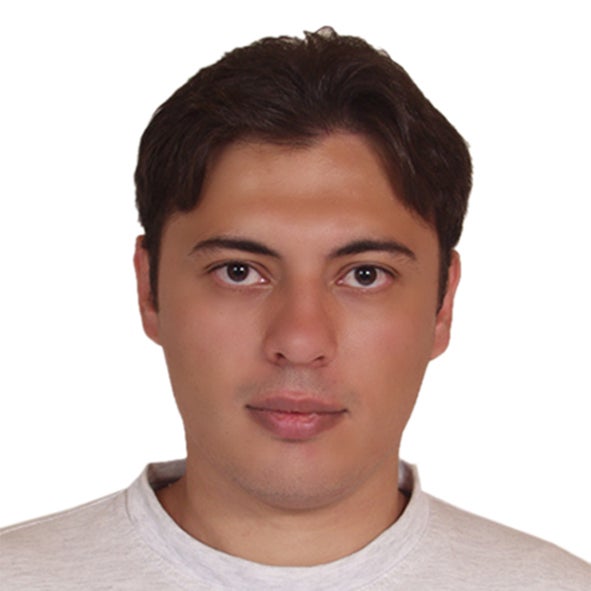Today's
world
is
extremely
competitive;
businesses
have
to
be
aggressive
and
develop
or
implement
novel
technologies
that
would
allow
them
to
reduce
costs
while
meeting
the
process
targets.
One
of
the
most
effective
ways
to
reduce
operational
costs
is
through
the
implementation
of
optimal
operating
policies
(scheduling).
One
of
the
main
questions
that
arise
when
performing
optimal
scheduling
is
regarding
the
time
representation
in
the
scheduling
formulation.
We
can
assume
time
to
be
either
constituted
of
discrete
event
points
or
to
be
a
continuous
flow
(To
best
of
our
knowledge
this
is
a
theoretical
physics
question
as
well;
to
know
whether
the
fabric
of
time
is
continuous
or
discrete).
The
aim
of
my
research
is
to
determine
which
one
of
these
two
representations
would
result
in
a
better
scheduling
model.
We
are
also
looking
for
other
possibilities,
specifically
whether
it
is
possible
to
discretize
time
for
some
processes
while
representing
time
for
some
other
processes
in
a
continuous
fashion.
Some
of
our
criteria
for
this
comparison
are
quality
of
the
optimal
solution,
flexibility
of
the
model,
complexity
and
computational
time
of
the
model
and
easiness
of
implementation
for
the
production
facility
or
the
operational
plant.
We
are
working
towards
these
aims
in
a
project
that
involves
an
industrial
partner
in
the
analytical
services
sector,
which
would
allow
us
to
implement
our
scheduling
approaches
in
an
actual
plant.
Thesis: A
Study
of
Time
Representation
in
a
Class
of
Short
Term
Scheduling
Problems

